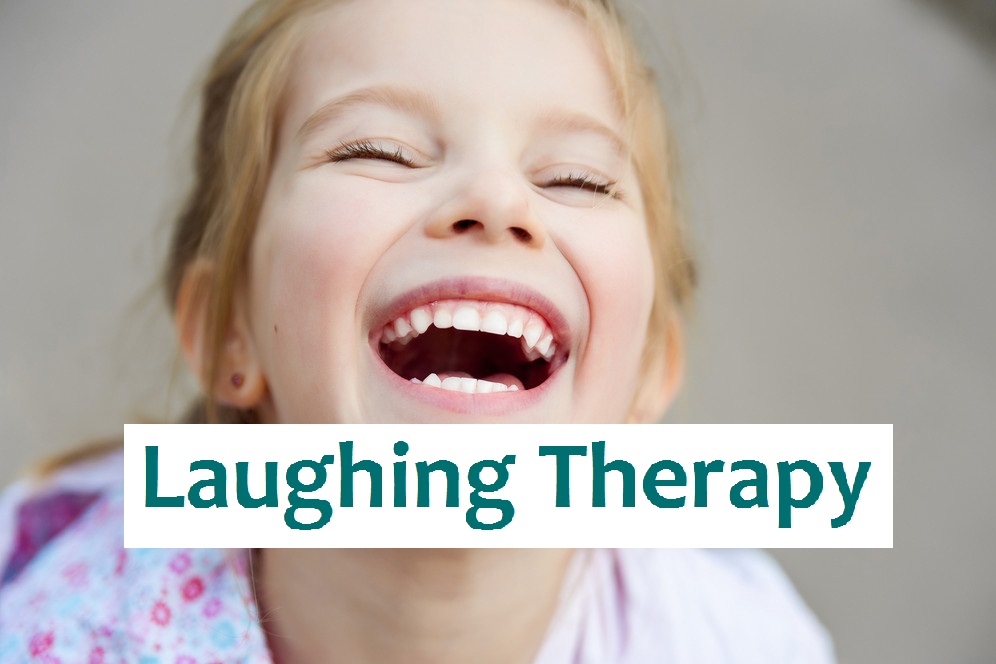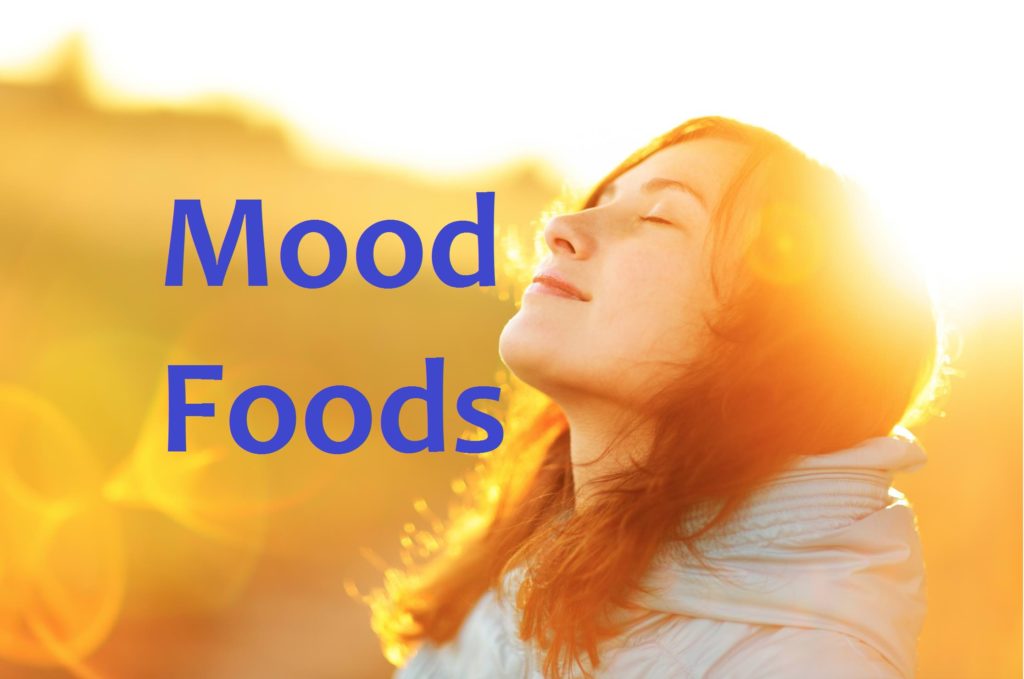Author : Dr. Jakir Hossain Laskar, PhD
Schizophrenia is a chronic serious mental disorder which impairs the thought process of a person, distorts emotions, and mars reality testing of the patient. To some extent it is split or multiple personality, but it involves some psychotic episodes with strange and shocking behavior including some combination of hallucinations, delusions, and extremely disorganized thinking that impairs daily functioning.
Types of Schizophrenia?
1. Paranoid schizophrenia
This paranoid-type develops later in life than other types of schizophrenia. Symptoms include auditory hallucinations and delusions, but patient’s speech and emotions may not be affected. Paranoid behavior is exhibited by feelings of persecution and may display anger, anxiety, and hostility but having relatively normal intellectual functioning and expression of affect.
2. Hebephrenic or Disorganized schizophrenia
Disorganized-type of schizophrenia patients exhibit disorganized behaviors and speech paterns that may be difficult to understand with inappropriate emotions or facial reactions. Because of their disorganized thought patterns, they face trouble with daily activities and they experience disruption in hygiene, eating and normal working.
3. Undifferentiated schizophrenia
This type of schizophrenia patients display two or more types of schizophrenia symptoms such as delusions, hallucinations, disorganized speech or behavior, word salad along with catatonic behavior, etc. Clinicians in these cases cannot differentiate this type with diagnostic criteria because of the presentation of variety of symptoms.
4. Catatonic schizophrenia
Catatonic type of patients shows contradictory behaviors such as immobility along with a stupor-like condition, mutism, mimicking behavior and disturbances of movement. This kind of patients is often unable to take care of them or perform daily activities. They may stay mum without saying anything for hours, or they may repeat everything others say or do.
5. Residual schizophrenia
Residual type of schizophrenia patients stays a past history of at least one episode of schizophrenia, but at present they have no prominent symptoms (delusions, hallucinations, disorganized speech or behavior). Sometimes patients may resume minor symptoms with lower intensity or they may be in complete remission. This type usually includes with some negative symptoms, such as, slow movement, psychomotor difficulties, flattened affect, lack of concentration, poor hygiene and slowed speech.
6. Cenesthopathic schizophrenia
Cenesthopathic type of schizophrenia patients experience unusual bodily sensations. But clinicians get this type of patients rarely.
7. Childhood schizophrenia
Childhood schizophrenia is fairly uncommon, but when it occurs, it may be severe in nature. Early-onset schizophrenia usually occurs between the ages of 13 and 18. A diagnosis under the age of 13 is extremely rare. Older children and teenagers show symptoms as social withdrawal, sleep disruptions, impaired school performance, abnormal motor movements, irritability, peculiar behavior, substance use, etc.
Early warning signs of Schizophrenia?
Patients show general indifference to life being emotionless and abandoning hobbies and activities. Social withdrawal, irrational statements and strange use of words are common in this early phase of schizophrenia. They also experience hostility or suspiciousness, extreme reaction, deterioration of personal hygiene, oversleeping or insomnia which seek medical intervention.
Symptoms of Schizophrenia?
Symptoms of Delusions:
Delusions of persecution – This often involves peculiar ideas and fantasies. In persecutory delusions the patients feel they are being stalked, hunted, framed, or tricked.
Somatic delusions – In this category of patients think they have a terrible illness or violent health problem like worms under the skin or damage from cosmic rays.
Delusions of reference – Patients believe to have a special and personal meaning in a neutral environment.
Grandiose delusions– Patients believe that they are a famous or major important figure on the world stage, like a philanthropist or politician, such as Gautama Buddha or Mahatma Gandhi. Alternately, delusions of grandeur may involve the belief that they have unusual powers, such as the ability to fly.
Erotomanic delusions – Patient is convinced that a celebrity is in love with him or her.
Delusions of control – Patients believe that their thoughts and actions are managed by remote-control authority from outside forces. Thought broadcasting and thought withdrawal are the common delusions of control.
Religious delusions – Some patients think they have a special relationship with a deity, god or goddess or that they’re possessed by a demon from the inferno.
Symptoms of Hallucinations:
Sounds or other sensations experienced as real when they stay only in patient’s mind are called hallucinations. But only auditory and visual hallucinations are most common in schizophrenia. Olfactory, gustatory and tactile hallucinations are less experienced.
Symptoms of Disorganized Speech:
Disorganized speech is common in schizophrenia because patients have trouble concentrating and maintaining a train of thought which is manifested by incoherent speaking with illogical sayings. Important signs of disorganized speech include:
Loosening of associations – Patients rapidly shift from topic to topic, with no connection between one thought and the subsequent.
Clang – Some patients use meaningless rhyming words to and fro.
Neologisms – They make words or phrases that only have meaning to the patients.
Perseveration –Patients say the same thing over and over with repetition of words and statements.
Symptoms of Disorganized Behaviour:
Schizophrenia patients exhibit disorganized behavior impairing their ability to take care of themselves. They experience behaviors that appear strange and have no purpose, with a decline in overall daily functioning following unpredictable or inappropriate emotional responses and lack of inhibition and impulse control.
Negative Symptoms (with absence of normal behavior):
Lack of pleasure – Enjoyment of life impaired. Clinicians call this condition as anhedonia.
Lack of emotional expression – Schizophrenia patients have blank or restricted facial expressions with inexpressive face, including a flat voice and lack of eye contact. Seeming lack of interest in the world – Social withdrawal and apparent unawareness of the environment are guiding features in some cases.
Lack of interest or enthusiasm –Lack of self-care and problems with motivation are important symptoms in various types of schizophrenia patients.
Speech difficulties and abnormalities – Patients speak in a monotone and they face inability to carry a conversation; short and sometimes disconnected replies to questions. Clinicians call this condition as alogia.
Causes of Schizophrenia?
Structural and neuro-chemical changes in the brain along with impairment of neurotransmitters like serotonin and dopamine may cause the disease. Other factors which can trigger the onset of the disease are gene abnormalities, asphyxia during birth complications, severe stress, drug abuse, etc.
How is schizophrenia diagnosed?
Symptomatic diagnosis through psychiatric evaluation with diagnostic criteria is important. Neuro-psychiatrist might take support of CT Scan, MRI Scan, etc.
Management of Schizophrenia?
Psychosocial and psychological interventions are important in schizophrenia management. Individual and family therapy, Social skills training, Vocational rehabilitation and supported employment, Cognitive behavior therapy (CBT), Cognitive enhancement therapy (CET), Coordinated specialty care (CSC), Social recovery therapy, Assertive community treatment (ACT) are applied along with anti-psychotic medications and Electroconvulsive Therapy (ECT).
Which Foods are restricted for Schizophrenia Patients?
Schizophrenia patients are needed to take more essential omega-3 and omega-6 fatty acids, antioxidant-enriched foodstuffs, niacin, vitamin-B, etc. Patients have to eat more fish and try to eat at least three portions of oily fish each week. Also, try to get plenty of fruit and vegetables in schizophrenia diet. Organic foods and gluten-free diets are good for schizophrenia patients. These patients should not take foods and beverages containing food additives and artificial preservatives.
Tips for Caregivers of Schizophrenia Patients
- Encourage self-help strategies with relaxation techniques including mindfulness, deep breathing, and progressive muscle relaxation seeking social support other than immediate caregivers refraining from alcohol and drugs. Creating a predictable environment is also highly encouraged.
- The caregiver should know that delusional symptoms will not go away by reasoning and therefore needs no discussion with the patient. Separate the patient from the disorder. Love the person, even if you hate the mental disorder. It may be necessary to renegotiate your emotional relationship with the patient.
- Schizophrenia may be a group of disorders rather than a single disorder. Symptoms may change over time while the underlying disorder remains as it is. When patients show strange behavior, caregiver must not take it personally.
- Caregivers don’t think they are alone. They should share their thoughts and feelings with others in a support group which is helpful and enlightening for many. Recognizing that a patient has limited capabilities should not mean that you expect nothing positive of them.
- Those who will handle should have varied degrees of competence to manage schizophrenia. They should forgive patients for mistakes made. They don’t be afraid to ask your family member of the patient if he or she is thinking about hurting himself or herself. When family relationships are in disarray in the confusion around the mental disorder like schizophrenia, caregivers may have to handle the situations revising their expectations.
Homeopathic Treatment for Schizophrenia Patients?
Through constitutional medicines like Hyoscyamus Niger, Lac Caninum, Stramonium higher dilutions, schizophrenia patients may be managed primarily. Schizophrenia patients having delusions of persecution and grandiose delusions response well if Radium Bromide 10M or 50M potency is administered. Patients with symptoms of disorganized behavior and having auditory and visual hallucinations are well managed by Aurum Matalicum higher potencies. Also, I prefer Sanguinaria Nitrica 200 for paranoid schizophrenia. I got great result using Argentum Metalicum 200 as complementary medicine after 3-4 months of treatment. For therapeutic purpose when palliation is required in various types of schizophrenia patients, I use Ammi Visnaga Q (Mother Tincture), Ornithogalam Umbellatum Q, Senecio Aureus 2X, Zinc Cyanatum 6X (Trituration), Lithium Carbonicum 3X, etc. Most of the schizophrenia patients get great benefit by homeopathic medicines; rest can be managed to some extent. But none of these homeopathic medicines for schizophrenia should be taken without professional advice from a consultant Homeopath in Neuro-Psychiatry.
Do you want Dr. Jakir Hossain Laskar’s consultation for Treatment?
For Neuro-Psychiatry Homeopathy Treatment, Please feel free to Call us : BrainMindia Homeopathy Neuro-Psychiatry Clinic, Kolkata, India), +91-9831148112 | +91-9836913018. Also visit our Website: www.brainmindiaclinic.com


